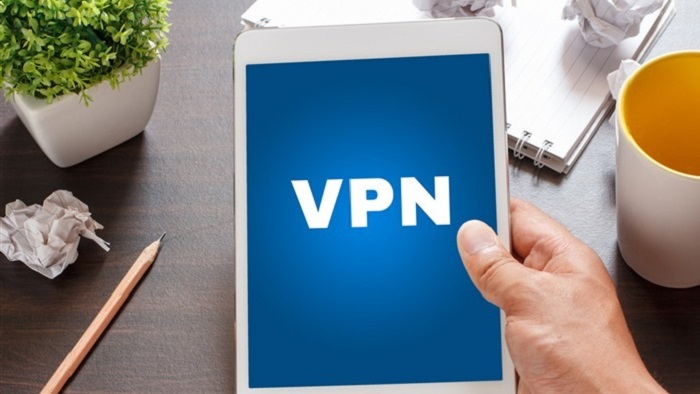In this digital age, VPNs have become indispensable tools for safeguarding our online presence and securing sensitive data. However, myths and misconceptions often cloud the true essence of these powerful technologies. Here, we shall debunk these popular beliefs and unravel the enigmatic world of VPNs with clarity and precision. By delving into their fascinating history and exploring their multifaceted functionalities, we aim to demystify the intricate workings behind VPNs while shedding light on their immense benefits in today’s interconnected society. Together, let us embark upon this educational voyage into understanding the truth behind the myths associated with VPNs.
Myth 1: VPNs Turn You into a Digital Ghost
Ah, the allure of becoming a digital ghost, navigating the web unnoticed and untraceable. While VPNs do cloak your internet activities with a nifty encryption layer, they don’t transform you into an invisible entity. VPN service providers may claim they don’t log your data, but they can still see your real IP address and the online shenanigans you’re up to.
Remember, just like Batman needs his gadgets, using a VPN is just one piece of the puzzle. Combine it with other privacy practices, like regularly clearing your cookies and using privacy-focused browsers, to stay under the radar. Also, make sure you choose a good VPN to start with. When you search for a VPN service Reddit is a logical starting point, so you can read reviews from others.
Myth 2: VPNs are for Cyber Criminals Only
VPNs were initially developed as a secure and private method to connect remote offices and employees over public networks.
Today, their functionality has expanded exponentially. By encrypting your internet traffic and routing it through servers located in various countries around the world, VPNs provide an additional layer of security and privacy for individuals browsing online. They shield sensitive data from prying eyes such as hackers or government surveillance agencies who may attempt to intercept information transmitted over unsecured networks.
Moreover, VPNs enable users to access geo-restricted content by masking their IP addresses with those belonging to different regions; this is particularly useful for travelers or individuals residing in censorship-heavy countries who wish to maintain unrestricted access to websites and services globally available elsewhere.
Consequently, it becomes evident that while some cybercriminals may abuse the technology offered by VPNs for illicit purposes due to its anonymity features, these tools actually serve a broader range of legitimate needs – ultimately empowering individuals with enhanced online security and privacy measures at their disposal.
Myth 3: VPNs Give You Super Speeds
Faster than a speeding bullet! Well, not quite. While VPNs do their best to maintain decent speeds, they’re not exempt from a little speed bump here and there. Imagine navigating the crowded streets of Gotham City during rush hour – it can slow you down a bit.
The speed of your VPN connection depends on various factors, like the server location and the provider’s server capacity. Opt for a reliable VPN service with optimized protocols to minimize any slowdowns while you’re out there saving the internet.
Myth 4: Free VPNs are Just as Mighty as Paid Ones
Ah, the tempting allure of freebies! While we’d all love a free Batmobile, sometimes you have to face reality. Free VPNs might sound like a sweet deal, but they often come with their own Kryptonite.
Many free VPNs finance their operations by logging and selling your data to the highest bidder – not the kind of sidekick you want on your adventures. Additionally, they might have a limited number of servers, leading to sluggish performance and buffering issues.
Invest in a trustworthy, paid VPN service, and you’ll have the dynamic duo of security and privacy protecting you at every turn.
Myth 5: VPNs are Illegal
There is a common myth surrounding VPNs that claims their usage to be illegal. However, it is crucial to debunk this misconception and understand the actual legal standing of VPNs.
VPNs are legitimate tools used by individuals and organizations alike to enhance online privacy and security.
While some countries have imposed restrictions on VPN usage for specific purposes such as circumventing government censorship or accessing region-restricted content, the majority of nations allow lawful use of VPN services.
In fact, many businesses employ them to safeguard sensitive information from unauthorized access during remote work processes or when connecting employees across multiple locations securely.
Therefore, understanding the legality of using VPNs ensures responsible utilization while harnessing their valuable benefits for online privacy and security purposes.
Conclusion
By staying informed and choosing a reliable VPN service, you can embrace the internet with confidence, knowing that you’ve got an extra layer of protection. So, keep your chin up, put on your VPN cape, and venture forth into the digital abyss, for the truth behind the virtual veil has been unveiled!

